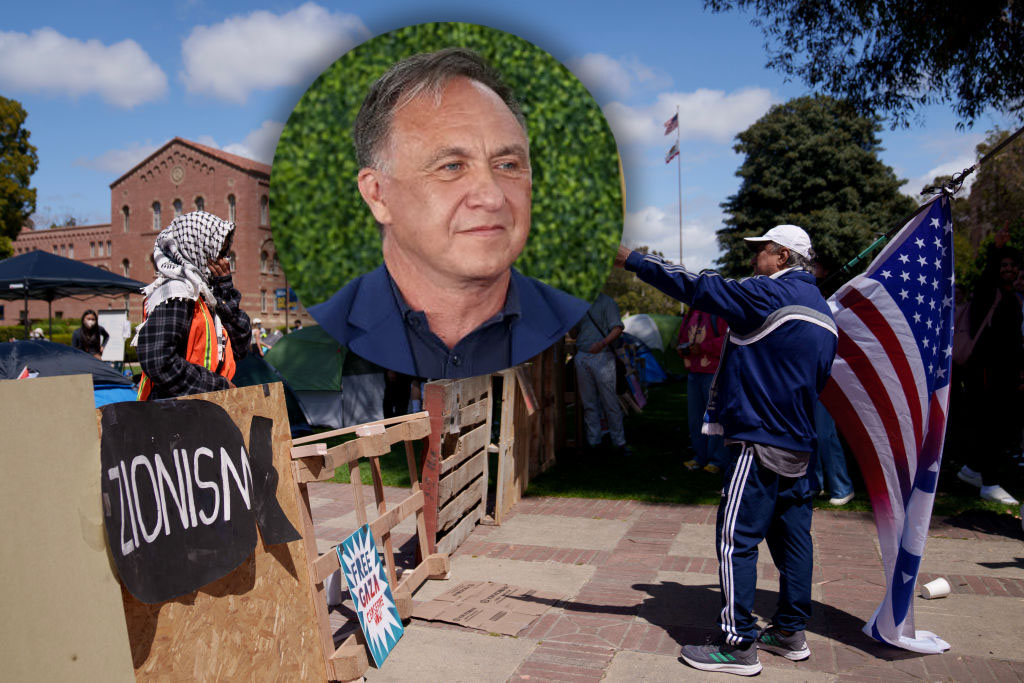They come to the cemetery with a pocketful of stones for the gravesite. Once we’ve recited the tradition’s prayers and a few words of memory, they dutifully place the stones on the marker. But I can see in their faces that the stones they carry home are so much bigger than those left behind. Tiny pebbles are left on the grave marker, but boulders sit heavily on the heart: cold stones of bitterness, betrayal and rage.
They are people still arguing with their parents, still longing for their approval. In some cases, from parents long dead — 20, 30 years — yet a daughter is still trying to get them to smile and say, “You’re a good girl!” A son is straining to hear, “I’m proud of you. You did well.” So many people burdened with anger and resentment at parents whose expectations were monumental but whose affection and approval were miserly and thin.
My teacher Harold Schulweis once quipped that there is a distinctively Jewish form of child abuse — it’s called disappointment. So many know a lifetime of bitterness for want of six words: “I love you, whatever you do.”
They are people cut off from their own children. Mention the name and there erupts a geyser of rage for gratitude unexpressed, for loyalties betrayed, for generosity unrequited. Parental love is so complex. How is it that dreams and aspirations — all the good we want for our children — become twisted into suffocating expectation?
They are people alienated from a brother or a sister. The filmmaker Barry Levinson pictures his family at Thanksgiving time (or Pesach seder) sitting at the table, together, sharing all the joys and struggles of life. And then one year, a slight — the turkey was cut before part of the family arrived … and that was the last Thanksgiving together. From then on, only bitter acrimony, “You cut the turkey!” Never again would the family sit at the same table. Never again, until death brings them together. But by then it’s too late. At graveside we cry for all the years wasted, all the love squandered, all the moments neglected. At graveside we feel the stones that weigh down the heart.
“Teach us to number our days,” prays the Psalmist, “to get us a heart of wisdom.” This is certainly the most painful truth of the human condition: Not one of us has an infinite number of tomorrows. All year we hide mightily from this truth. But once a year, the Jewish tradition forces it upon us. On Yom Kippur, we dress in a kittel, a death shroud; we fast and suppress the body’s needs; in our weariness and hunger we feel and know our mortality.
Why? Why so morbid a day to begin a new year? So that we might cleanse ourselves of the grudges, the resentments, the bitterness that we bear. So that we might be liberated from the dangerous illusion that forgiveness can wait, that the time for reconciliation is still far off.
No!
If there is someone who needs to hear you say, “I’m sorry,” call them today. If there is someone who needs to hear, “I love you,” reach out to them today. If there is someone who needs to know your gratitude, call today and say, “Thank you. You are my blessing.” Tomorrow will be too late.
There is a time to gather stones, Ecclesiastes teaches. And there is a time to cast the stones away. There is a time to let go. Not to forget but to forgive. There is a time to reconcile and be whole — to quell the rage, to quench the bitterness, to end the argument and find a way to love. There is a time to enjoy the release and renewal that comes when stones are lifted from hearts. That time is today.
Shanah tovah. For a year of blessings and peace.
Ed Feinstein is senior rabbi of Valley Beth Shalom in Encino.





















 More news and opinions than at a Shabbat dinner, right in your inbox.
More news and opinions than at a Shabbat dinner, right in your inbox.